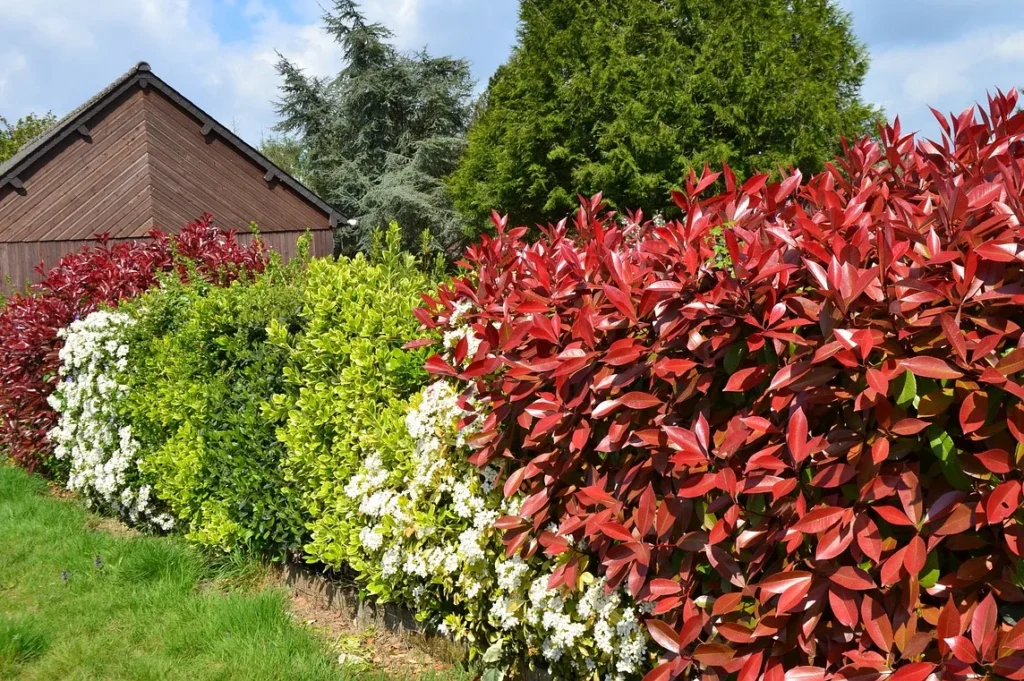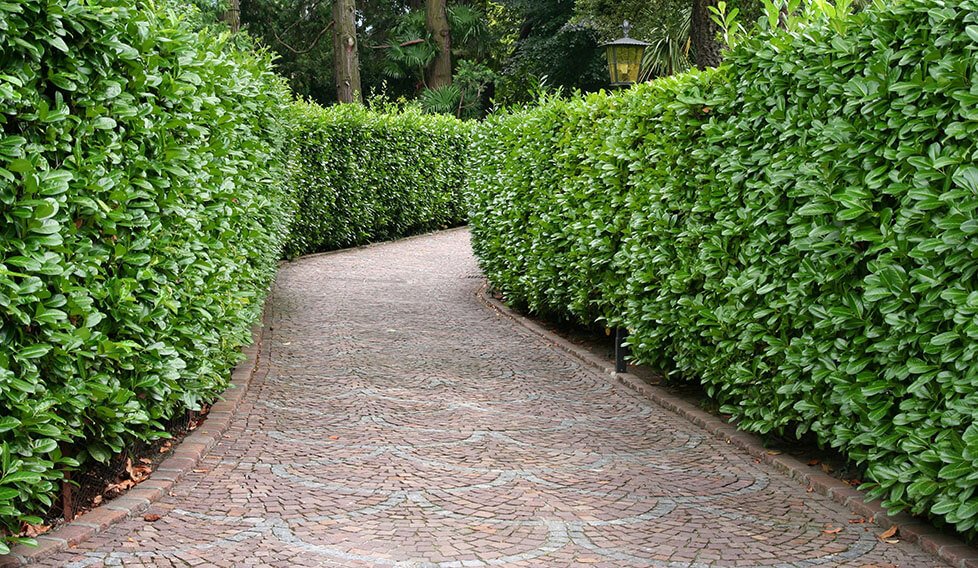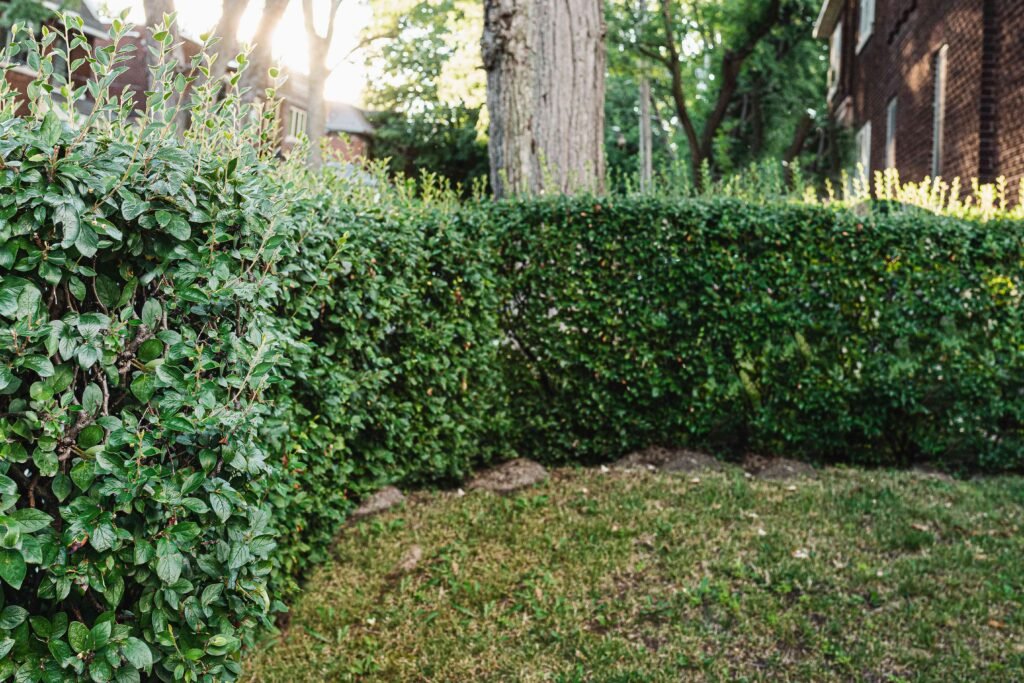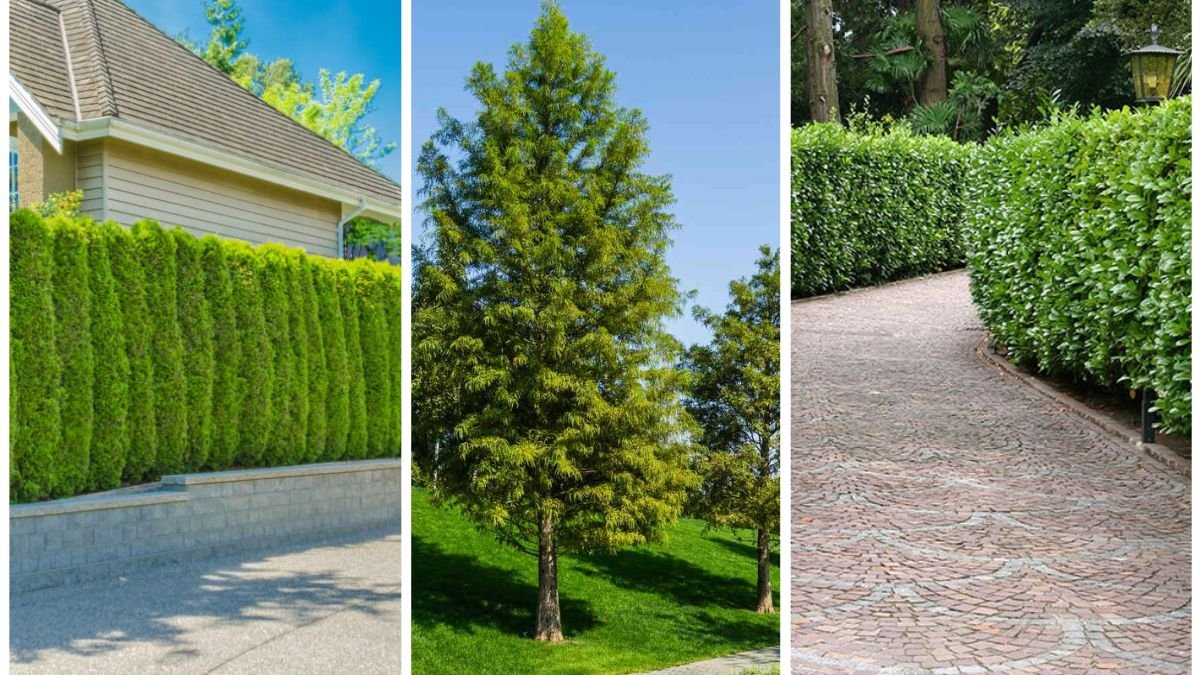In a world where privacy is becoming increasingly rare, homeowners are turning to nature for a beautiful solution. Whether you live in a suburban neighborhood, an urban environment, or a rural setting, having your own secluded space can dramatically enhance your outdoor living experience. While fences and walls provide instant privacy, they often lack the charm, greenery, and environmental benefits of living screens.
That’s where fast-growing privacy plants come in. With the right selection, you can quickly transform your yard into a tranquil, lush haven that blocks out noise, wind, and prying eyes—all while supporting local biodiversity.
In this article, we’ll explore five of the best privacy plants that grow quickly, along with their key features, ideal growing conditions, care tips, and best use cases. Whether you’re looking for an evergreen barrier or a seasonal screen with ornamental value, there’s a fast-grower on this list for you.
Why Choose Fast-Growing Privacy Plants?

Fast-growing plants offer a range of benefits beyond just privacy:
- Natural Beauty: Lush foliage, seasonal blooms, and varied textures enhance the aesthetics of your landscape.
- Noise & Wind Reduction: Dense hedges can muffle urban sounds and serve as windbreaks.
- Environmental Benefits: Plants improve air quality, reduce heat, and offer habitats for birds and pollinators.
- Cost-Effective: A natural screen can be less expensive (and more attractive) than tall fences or walls.
- Property Value: Well-designed green boundaries boost curb appeal and resale potential.
What to Look for in a Privacy Plant

When selecting privacy plants, consider the following:
- Growth Rate: Look for species that grow 2–5 feet (or more) per year.
- Mature Height & Width: Ensure the plant meets your privacy goals without overwhelming the space.
- Evergreen vs. Deciduous: Evergreens provide year-round coverage, while deciduous options may offer seasonal interest.
- Climate Adaptability: Choose plants that thrive in your USDA Hardiness Zone.
- Maintenance Requirements: Consider how much pruning, watering, and care you’re willing to commit.
Now, let’s explore five of the best quick-growing plants for privacy.
1. Leyland Cypress (× Cuprocyparis leylandii)

Overview
Leyland Cypress is one of the most popular choices for fast-growing privacy screens. With its dense, evergreen foliage and towering height, it forms a solid wall of green in no time.
Growth Rate
- 3 to 5 feet per year
USDA Zones
- 6 to 10
Light Requirements
- Full sun to partial shade
Water Needs
- Moderate; regular watering until established
Key Benefits
- Grows into a tall hedge (up to 60–70 feet)
- Tolerates pruning for formal or informal shapes
- Disease- and pest-resistant with proper care
Best Use
- Ideal for tall, long barriers in large landscapes
Considerations
- Not ideal for small yards due to size
- Requires spacing of 6–8 feet between plants
2. Bamboo (Clumping Varieties – e.g., Bambusa textilis)

Overview
Bamboo is an exotic, fast-growing solution for privacy, offering a unique look and year-round screening. Clumping bamboo is preferred over running bamboo because it stays contained and is non-invasive.
Growth Rate
- 2 to 3 feet per year (some species faster)
USDA Zones
- 7 to 11 (varies by species)
Light Requirements
- Full sun to partial shade
Water Needs
- Moderate; prefers consistent moisture
Key Benefits
- Forms dense vertical screens
- Elegant, modern aesthetic
- Great for narrow or tight spaces
Best Use
- Perfect for patios, pool areas, or fence lines
Considerations
- Avoid “running” bamboo unless contained properly
- Requires annual thinning to prevent overcrowding
3. Arborvitae (Thuja ‘Green Giant’)

Overview
The ‘Green Giant’ Arborvitae is a hardy, evergreen conifer known for its dense foliage and fast growth, making it a top privacy hedge choice in many parts of the U.S.
Growth Rate
- 3 to 4 feet per year
USDA Zones
- 5 to 9
Light Requirements
- Full sun to partial shade
Water Needs
- Moderate; water deeply in dry periods
Key Benefits
- Stays green year-round
- Deer-resistant and tolerant of many soil types
- Withstands wind, ice, and drought once established
Best Use
- Great for tall screens along property lines or driveways
Considerations
- Needs good air circulation to prevent root rot
- Requires annual pruning to maintain desired height
4. Privet (Ligustrum spp.)
Overview
Privet is a fast-growing, semi-evergreen (or evergreen in mild climates) shrub that is often used for formal or informal hedges. It offers dense foliage and can be shaped easily.
Growth Rate
- 2 to 3 feet per year
USDA Zones
- 5 to 9
Light Requirements
- Full sun to partial shade
Water Needs
- Low to moderate; drought-tolerant once mature
Key Benefits
- Easily shaped into tidy hedges
- Fast coverage, even in urban environments
- Flowers attract pollinators in spring
Best Use
- Ideal for mid-height hedges (6–12 feet)
- Good choice for creating a green fence
Considerations
- Requires regular pruning to prevent legginess
- Can be invasive in some regions—check local regulations
5. American Holly (Ilex opaca)
Overview
American Holly is a native evergreen shrub or small tree with spiny leaves and red berries that attract birds. While a bit slower than others on this list, it still establishes quickly and offers dense, year-round privacy.
Growth Rate
- 1 to 2 feet per year
USDA Zones
- 5 to 9
Light Requirements
- Full sun to partial shade
Water Needs
- Moderate; prefers moist, well-drained soil
Key Benefits
- Beautiful foliage with ornamental berries
- Provides food and shelter for wildlife
- Tolerant of shade and acidic soils
Best Use
- Great for mixed hedges or natural screens
- Works well in traditional or woodland gardens
Considerations
- Need both male and female plants for berry production
- Prickly leaves may deter foot traffic or intruders
Tips for Planting a Privacy Hedge That Grows Fast
To get the best results from your privacy plants, follow these expert tips:
1. Start with Healthy, Quality Plants
- Purchase from reputable nurseries
- Choose disease-resistant, well-rooted specimens
2. Plant at the Right Time
- Early spring or fall is ideal for root establishment
- Avoid planting during peak summer heat
3. Prepare the Soil Well
- Loosen compacted soil and mix in compost
- Ensure good drainage
4. Space Wisely
- Follow spacing guidelines for each plant
- Avoid overcrowding, which leads to poor airflow and disease
5. Water and Mulch
- Deep water until plants are well-established (first 1–2 years)
- Mulch to retain moisture and suppress weeds
6. Prune for Shape and Health
- Trim lightly in the first few years to encourage dense growth
- Remove dead or damaged branches regularly
Conclusion
Fast-growing privacy plants are an ideal solution for homeowners looking to create natural, green barriers that block noise, wind, and unwanted views—all while adding beauty and biodiversity to the landscape.
Whether you prefer the stately height of Leyland Cypress, the elegance of bamboo, or the year-round coverage of Green Giant Arborvitae, there’s a privacy plant thaAttach
